- 378 Posts
- 76 Comments

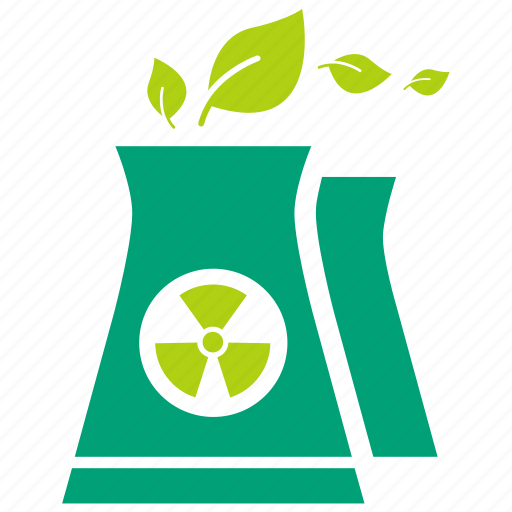 7·1 year ago
7·1 year agoThat’s exactly what they’re talking about: huge datacenters powered by small nuclear reactors 🙂

 31·1 year ago
31·1 year agoApple: Afraid to even hint at nuclear energy in their net zero marketing.
Microsoft: [Does this boss move]
I’m gonna say it: Not a fan of this particular application of nuclear energy. Leave fossils in the ground.

 1·1 year ago
1·1 year agoAnother government wisening up 🥰

 1·1 year ago
1·1 year agoFFS Westinghouse…
En het werkt weer 👍
Ik krijg weer JSON foutmeldingen. Wordt er gewerkt aan de server @tedvdb@feddit.nl?

 2·1 year ago
2·1 year agoGood that this has been dismissed (although some legal issues remain). This was a rare Westinghouse L.

 1·1 year ago
1·1 year agoCE Delft is verbonden aan Milieudefensie, een expliciet anti-kernenergie club. Ik heb al eens vaker vraagtekens gezet bij hun onderzoeken, dus daar zet ik hier ook meteen een vraagteken bij. Maar dat er bij Tennet zulke slecht geïnformeerde mensen rondlopen verbaast me. Zo is de productie van waterstof via kernenergie juist veel goedkoper dan via zon en wind. Ook dat zon en wind goedkoper is dan kernenergie, óók als je de infrastructuur meeneemt, is echt klinkklare lariekoek. Daarvoor hoeven we enkel te kijken naar Duitsland, waar de stroom per kWh echt fors duurder is dan in landen waar kernenergie deel uitmaakt van de mix. Echt verbazend.
Gelukkig weet hoogleraar David Smeulders wel waar die het over heeft.

 1·1 year ago
1·1 year agoShocking. And that in a world where the opponents of nuclear are usurping $2.3 billion in the USA alone…

 1·1 year ago
1·1 year agoThis is amazing news! Palisades resurrected from the dead 🥳

 10·1 year ago
10·1 year agoSo, an undetectable rise in tritium. I do wonder which media is going to report on this, besides the nuclear ones.
I expect none. After all, “Fukushima water turned out to be basically just water” doesn’t really get the clicks or sell the papers. Sad reality. For years people will be insisting “nuclear waste” was dumped here.

 2·1 year ago
2·1 year agoThis represents a marked shift in the wind industry,which is struggling to make ends meet. This is bad for reaching our climate goals, but at the same time I can’t deny I feel vindicated against the 100% RE bros that kept saying for years how nuclear was simply irrelevant. This is what we’ve been saying and warning about. We’ll need nuclear energy, and probably pay a much higher price for solar and wind to make them work in the long run.

 1·1 year ago
1·1 year agoAmericans and their acronyms… Also, Kerry? Times are changing!

 1·1 year ago
1·1 year agoWe heard a lot about Small Modular Reactors, but these are truly Large Modular Reactors 🤭

 1·1 year ago
1·1 year agoHigher uranium prices don’t affect the electricity price much, but do enable much wider mining possibilities. Going up from the current $50 to $300 per pound enables economic uranium mining from sea water. The possibilities are endless.

 3·1 year ago
3·1 year agoTo reply to your questions:
- “Severe” is somewhat strongly put for something that affected a few inland plants 0.3% of the time. It also only affected those reactors without cooling towers. Building them is the obvious solution, should it become more of a problem.
- The global average is about 7 years. The operational costs (OPEX) are very low, because uranium is extremely energy dense. For the same reason disposal in for example a deep geological repository is very cheap. All costs are included in the kWh price by law.
- This will probably surprise you, but the answer is “much less”, given that the resource footprint of solar and wind is huge compared to nuclear. See below graphs to get an idea:
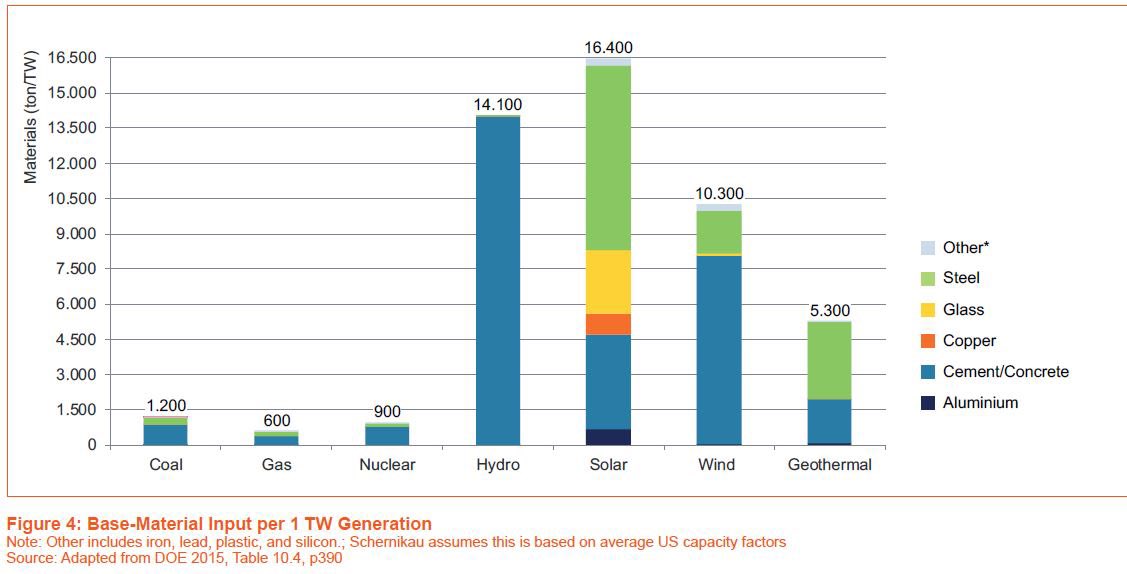
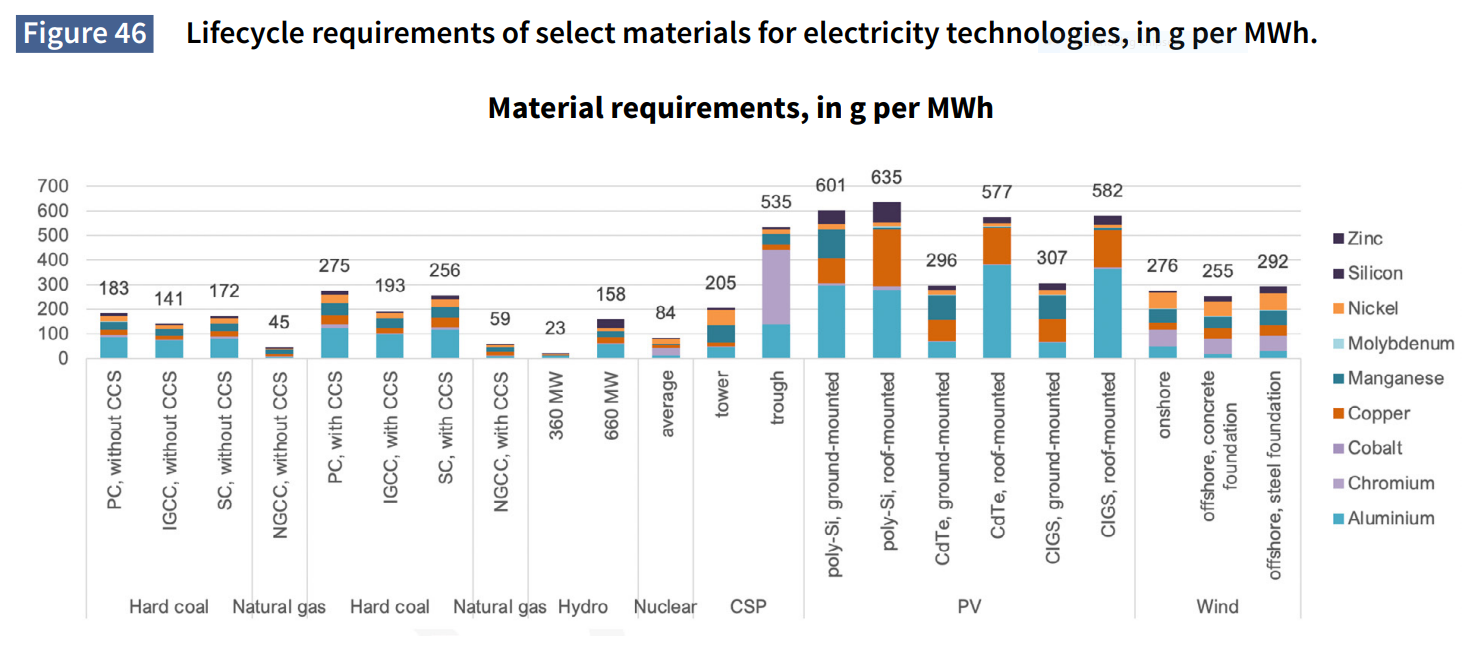

 1·1 year ago
1·1 year agoGood for these MEPs. Bite back harder.

 11·1 year ago
11·1 year agoIt’s extremely telling when in a region where solar is dirt cheap, you have a country solidly backing nuclear after just about finishing their first ever builds at Barakah.




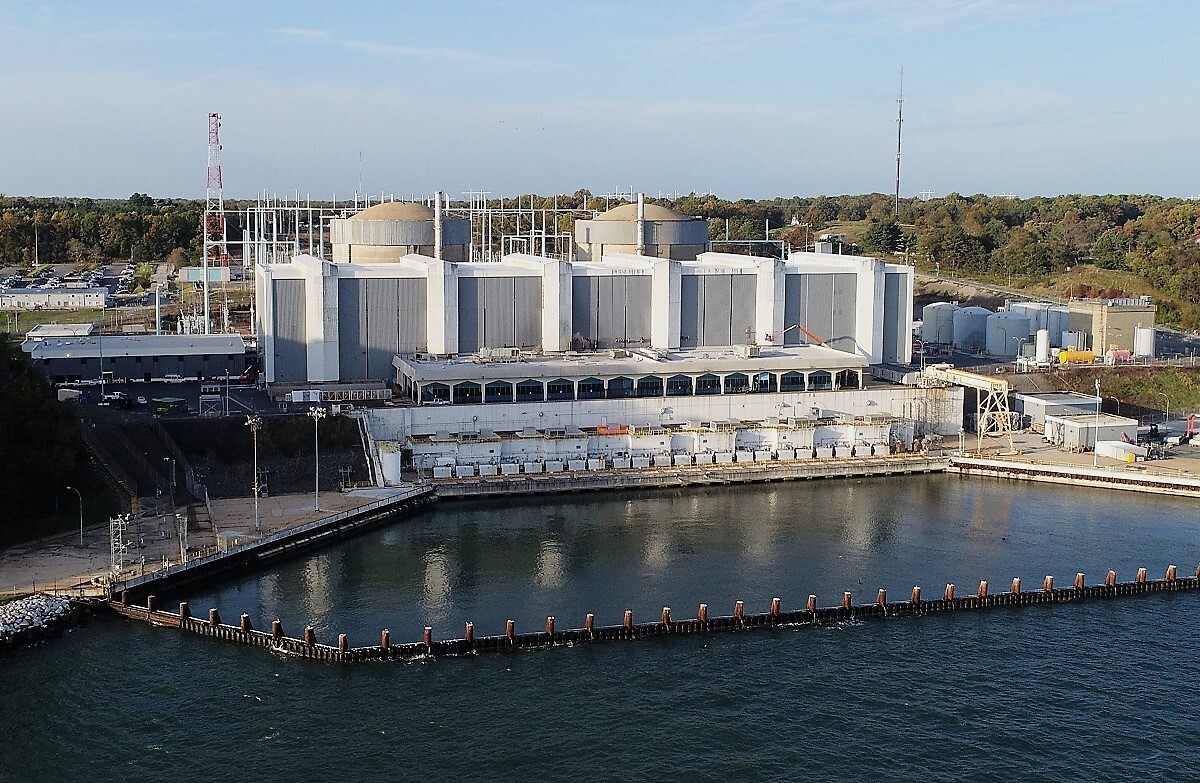


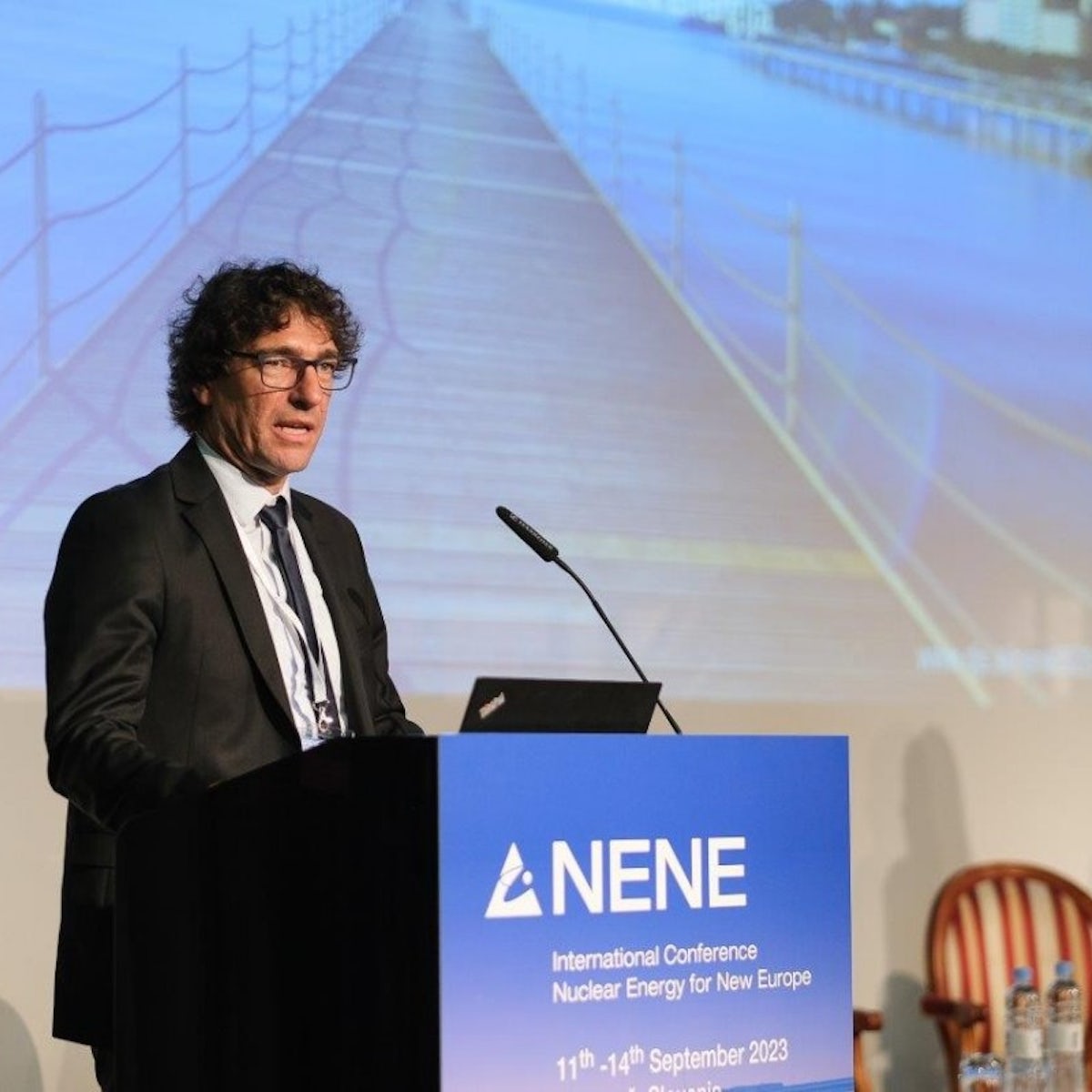




The NRC would still be the agency governing those SMRs, and they’re the strictest nuclear agency on the planet. I’m not big on corporations, but I don’t see a huge problem here.